The steady deterioration in recent years has made radical transformations in Europe's industry inevitable, with the future of strategic sectors such as automotive and energy in particular at stake. These developments threaten not only steel producers but also Europe's most important industrial value chains.
The European Steel Association (EUROFER) argues that the European Union needs to take urgent and comprehensive steps in its industrial policies. In particular, the Clean Industry Agreement is the last opportunity to protect European industry and safeguard its prosperity. It warns that if this agreement is not implemented, the global competitiveness of European industry will be seriously weakened.
Axel Eggert, Director General of EUROFER, emphasizes that the risk of deindustrialization in Europe has never been more serious. Recent news from Germany and Central European countries show that not only steel but also strategic sectors such as automotive and wind energy are facing a deep crisis. “Either an effective Clean Industry Agreement will be implemented or Europe will fall behind in the clean technology race led by the US and China,” Eggert said, warning that if Europe fails to meet these challenges, it will turn into an ‘industrial museum’.
For the European steel industry to move towards a sustainable future, an effective trade policy against unfair trade practices is needed. Eggert points out that the global steel production surplus is negatively affecting the European market and increasing the pressure on the sector. Cheap steel imports, especially from China and other steel producing countries, pose a major threat to Europe's local producers.
However, the carbon border adjustment mechanism (CBAM) also plays a key role in this fight. Europe needs to keep its industry competitive by increasing investments in clean energy and creating local markets for green products. Otherwise, European industry could lose its competitiveness in the global market.
In 2023, the European Union's steel production decreased to 126 million tons, the lowest level in its history. This is 25 million tons less than the average of the last decade and well below the production level of 152 million tons in 2019. Low demand and increasing imports have almost wiped out the profit margins of steel producers. Forecasts for 2024 are also bleak, with steel demand continuing to stagnate and many mills at risk of permanent closure.
With the economic crisis in China, 100 million tons of steel, which constitutes overcapacity worldwide, is flowing to major markets at dumped prices. This is not only limited to China, but cheap steel exports from South Asia and the Middle East are also heading to the European market. In the EU, the share of imported steel in hot rolled products has reached 30%.
The contraction in the steel industry has also led to labor losses. Since 2020, 23,000 jobs have been lost in the sector, and when this figure is added to the 80,000 jobs lost between 2009 and 2020, a serious employment problem emerges. By 2023, the EU steel industry will provide 303,000 direct jobs and 2.3 million indirect jobs, but these figures are expected to decrease further.
The European steel industry is considered a critical indicator of the health not only of this sector, but of EU industry in general. EUROFER points out that a radical shift in EU policies is needed to revitalize the industry's competitiveness and accelerate Europe's decarbonization process. If swift and decisive action is not taken, Europe's industrial strength could be jeopardized, which would mean a serious setback in the global competition race.


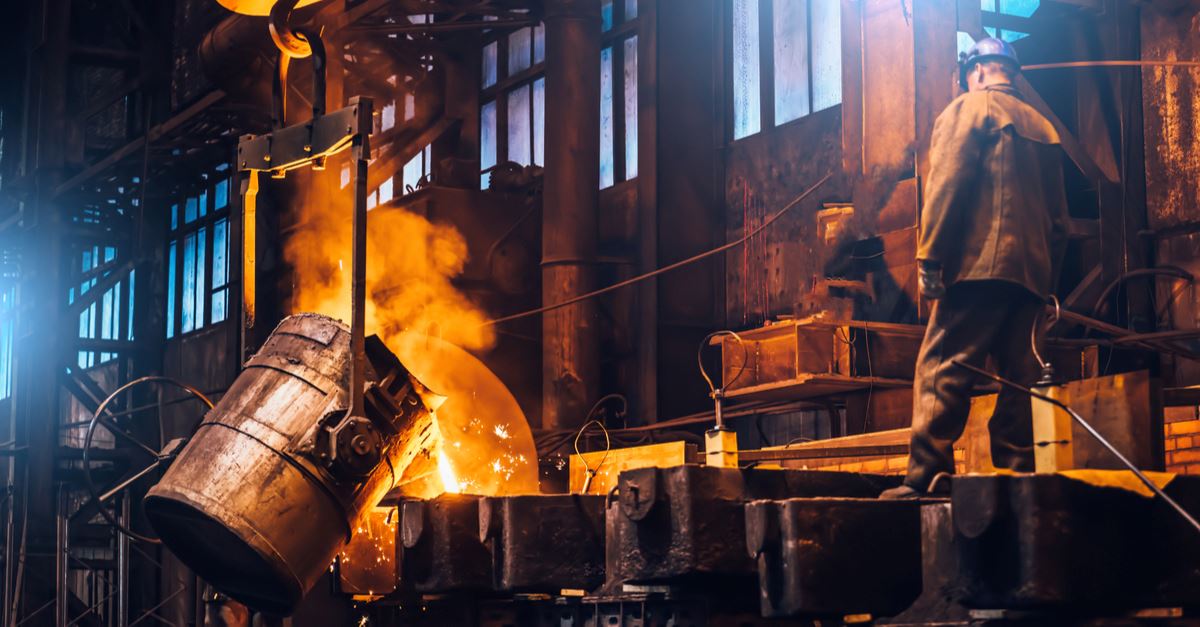

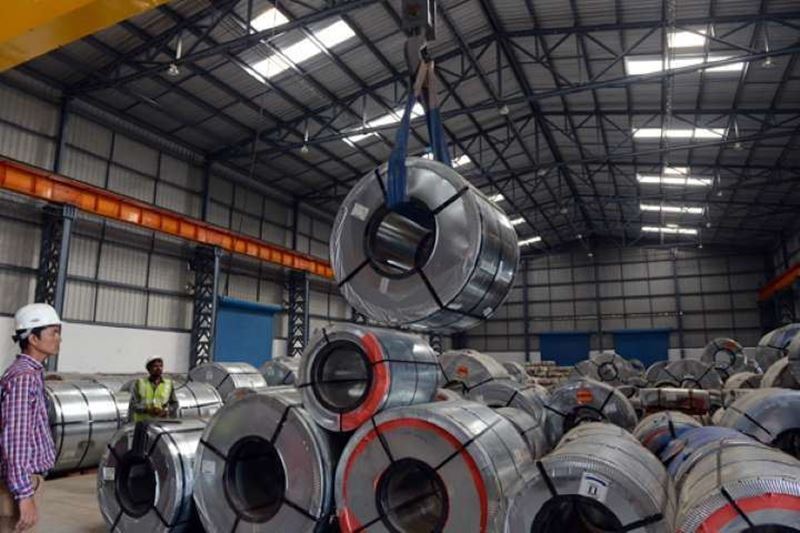
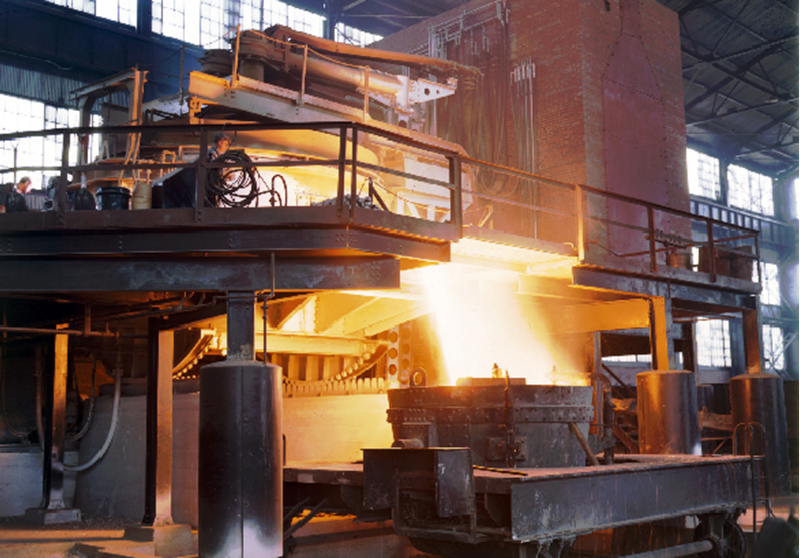
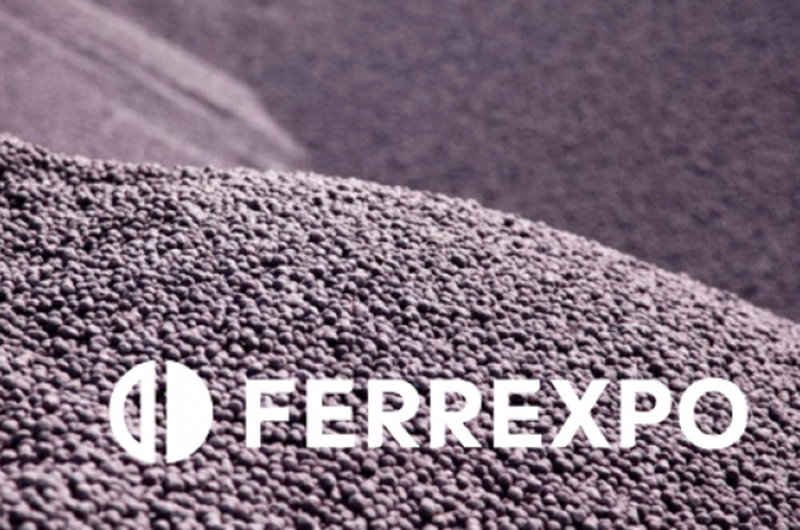
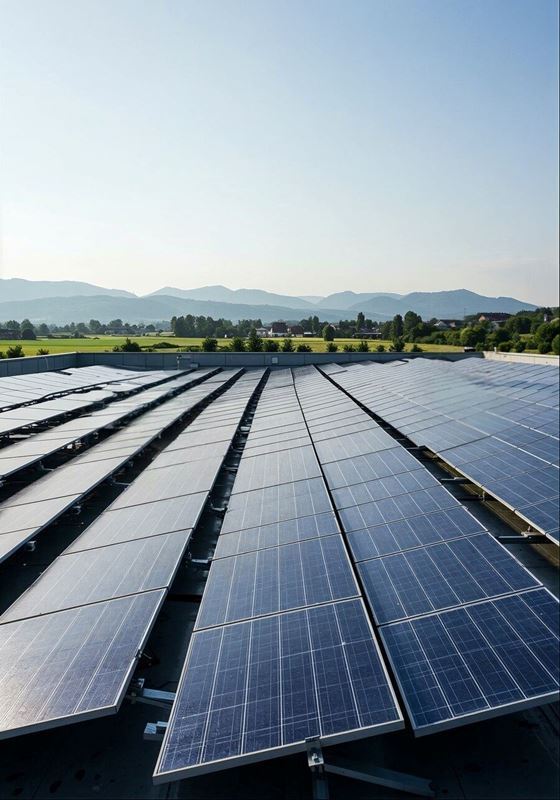
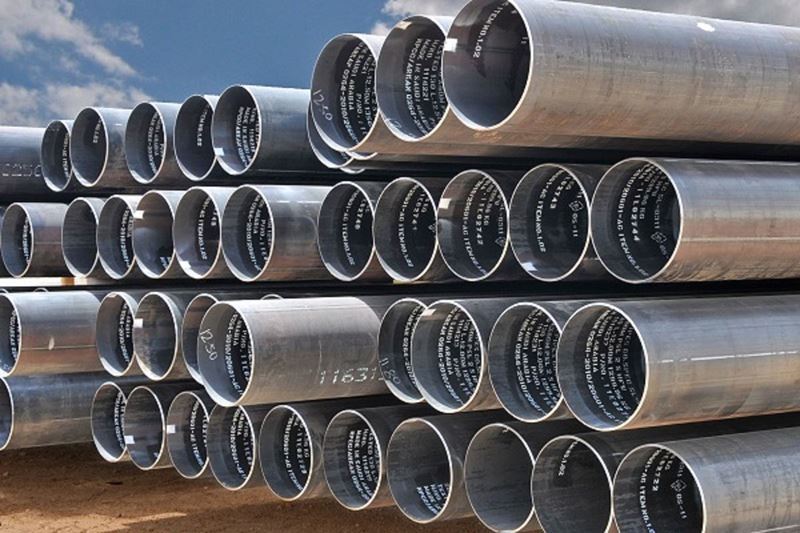


Comments
No comment yet.